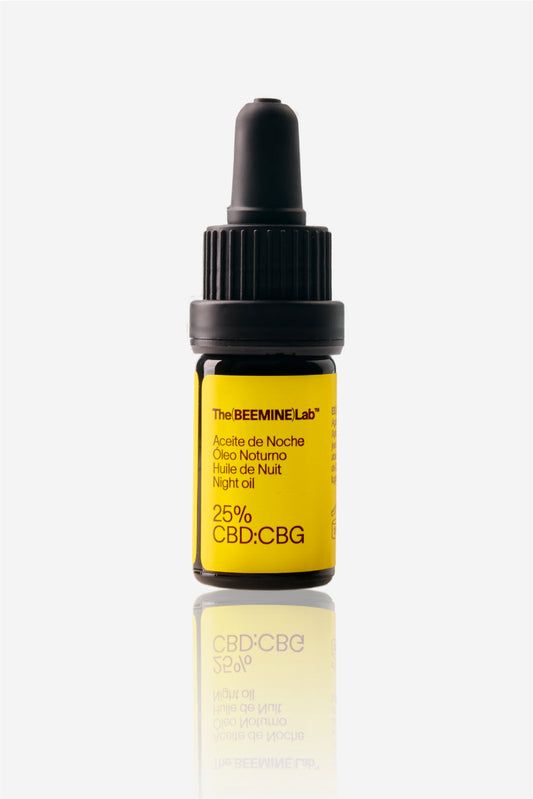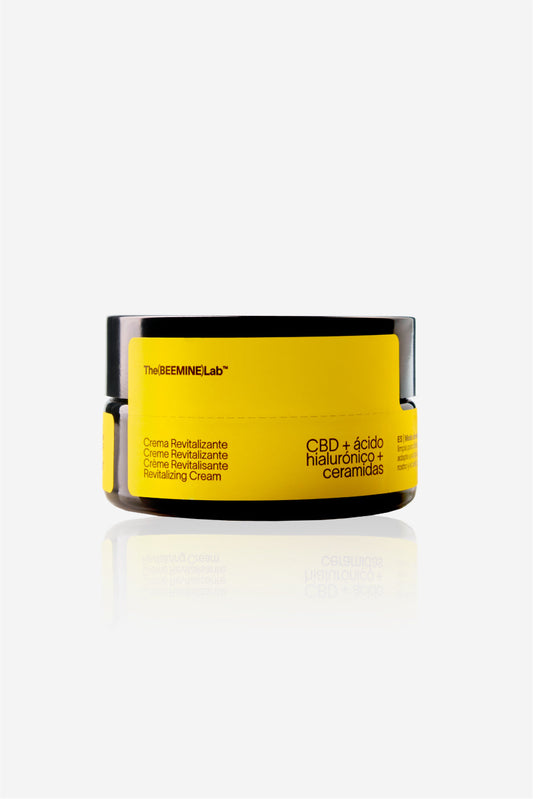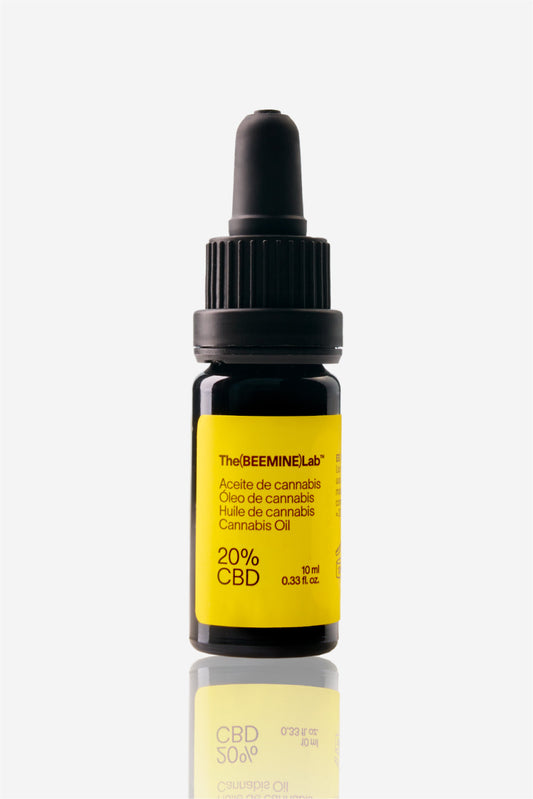What is blood pressure?
You've probably heard of blood pressure, and how it can be a sign or marker of health. However, how to define or understand what we mean when we talk about blood pressure is a bit more complex. As we already know, blood is essentially composed of plasma and cells and circulates through blood vessels, those “pipes” that transport fluid to all organs and tissues. There are different types of blood vessels: veins and arteries. Arteries transport oxygenated blood, which is pumped by the heart so that it reaches the rest of the organs and tissues. Veins are responsible for collecting used blood from the organs and returning it back to the cardiorespiratory system so that it can be oxygenated and redistributed again (1). Now that we know this, we will define blood pressure as the force exerted by blood pushing against the walls of the arteries. As we have said before , the heart is in charge of pumping blood, and when this happens, blood pressure is higher . This high blood pressure is therefore known as systolic blood pressure, since it is directly related to the pumping contraction or systole. On the other hand, when the heart relaxes, blood pressure is low, giving rise to diastolic blood pressure. This low blood pressure is what we can measure between beats, when the heart relaxes and performs what is known as diastole (2 and 3).Normal BP values.
Once we have learned what blood pressure is and seen that we will always get two values, high and low pressure, we must know which values are considered normal. Generally, the normal high or systolic value is less than 120 mm Hg (millimeters of mercury). The normal low or diastolic pressure values are those less than 80 mm Hg. These values could be altered by increasing the pressure, which in most cases does not produce symptoms and can go unnoticed. However, it can be harmful to health to maintain high pressure over time, since the heart pumps harder and works excessively . High blood pressure (hypertension) can damage the heart, blood vessels and kidneys. Blood pressure increases when blood vessels contract (vasoconstriction), on the contrary it usually decreases when they dilate (vasodilation). Whether one thing or another happens depends on many factors such as stress, temperature or some substances we consume (3).How can CBD affect blood pressure?
As we already know, cannabidiol (CBD) is a phytocannabinoid without psychoactive effects that has suggested some evidence in the improvement of pathologies such as diabetes, inflammatory diseases or neurodegenerative disorders. It has proven to be very safe and well tolerated at high doses in clinical trials, something that has made it a therapeutic ally. On the other hand, it has been thought to evaluate its effects at the vascular level, since other cannabinoids such as THC or anandamide have shown a vasodilatory effect in in vitro and in vivo models . (4 and 5) Studies related to its possible vascular effects have focused on a synthetic analogue, Abn-CBD or abnormal CBD. Although the exact pathway by which it acts is not known, it has demonstrated vasodilation and a hypotensive effect in mice. In this same study, it was discovered that CBD antagonizes the vasodilatory effect of its synthetic analogue, suggesting that they compete for the same receptors (5). In other studies focused on CBD, it was found that at low concentrations it does not produce any effect on blood vessels. When higher doses are used, vasodilation did occur, which leads us to understand that this effect is dose-dependent. In addition, it has been found that the cannabinoid receptor involved in this effect is CB1, which would cause the release of nitric oxide. Nitric oxide is an endogenous substance that directly intervenes in the relaxation process of smooth muscle, which facilitates the dilation of blood vessels. In addition to this, CBD has been shown to be a partial agonist of the PPAR? receptor, meaning that it binds weakly to this receptor and produces certain effects. These effects include increasing the activity of an enzyme called superoxide dismutase, which in addition to being a powerful antioxidant, also facilitates vasodilation. Due to all this pharmacological activity explained, CBD could lower blood pressure (5). [caption id="attachment_24708" align="aligncenter" width="831"] *CBD mechanisms of action involved in vasodilation (5).[/caption]
*CBD mechanisms of action involved in vasodilation (5).[/caption]
What are the cardiovascular effects of CBD?
After seeing this evidence, it would not be strange to think that these effects could play a key role in other cardiovascular pathologies. It has been seen that CBD could have cardioprotective effects , which include damage associated with cardiac ischemia, as well as in the liver and brain. Ischemia is the reduction of blood flow in the affected tissues, which causes a decrease in the amount of oxygen and nutrients in the affected tissue. When ischemia occurs in the arteries that supply the brain, a stroke or cerebral infarction could occur, and if this occurs in the coronary arteries, a heart attack (myocardial) could occur. However, these cardioprotective effects are due to a different mechanism of action than the one explained above. CBD has been shown to be a great immunomodulator , which means that it orchestrates the immune system so that it does not produce an exaggerated inflammatory reaction and worsen the heart attack. The direct mechanism of action involved in this would be the decrease in oxidative stress, the concentration of interleukin (IL)-6 and tumor necrosis factor, among others. These last two are mediators of inflammation that increase and accentuate the immune response. In addition to these effects, it has been shown to improve arrhythmia by decreasing irregular heartbeats (5 and 6). Other scientific evidence suggests that CBD may have a protective role against atherosclerosis in diabetics . Atherosclerosis occurs when blood vessels thicken and harden, sometimes restricting blood flow to organs and tissues. Healthy arteries are flexible and elastic, but over time, artery walls can harden, a condition commonly referred to as hardening of the arteries. In an environment where blood glucose is elevated, dysfunction in the endothelium is promoted. The endothelium can be defined as a monolayer that separates tissues from blood. The main function of the endothelium is to regulate blood flow and perfusion through changes in vascular diameter and tone. Endothelial dysfunction involves a loss of balance between vasodilatory and vasoconstrictive factors derived from the endothelium, where the vasoconstrictive state becomes dominant, leading to progressive pathophysiological changes. All these changes could lead to the formation of atherosclerosis, especially in diabetics. CBD has been shown to improve endothelial dysfunction in diabetes by decreasing certain adhesion molecules (ICAM-1 and VCAM-1), the alteration of the skin barrier and mitochondrial superoxide (5, 6 and 7). References- https://www.msdmanuals.com/es-es/hogar/trastornos-del-coraz%C3%B3n-y-los-vasos-sangu%C3%ADneos/biolog%C3%ADa-del-coraz%C3% B3n-and-of-the-sangu-vessels%C3%ADneos/biolog%C3%ADa-of-the-sangu-vessels%C3%ADneos
- https://medlineplus.gov/spanish/highbloodpressure.html
- https://www.mayoclinic.org/es-es/diseases-conditions/high-blood-pressure/expert-answers/pulse-pressure/faq-20058189
- Pertwee RG. Pharmacological actions of cannabinoids. Cannabinoids 2005. p. 1–51.
- Stanley, CP, Hind, WH and O'Sullivan, SE (2013), Is the cardiovascular system a therapeutic target for cannabidiol?. British Journal of Clinical Pharmacology, 75: 313-322.
- Moreno Pedro R., Portillo Juan H. del. (2016) Myocardial ischemia: basic concepts, diagnosis and clinical implications. Second part. Rev. Colomb. Cardiol. 23( 6 ): 500-507.
- Carvajal Carvajal, Carlos. (2017). The endothelium: structure, function and endothelial dysfunction. Legal Medicine of Costa Rica, 34(2), 90-100.







